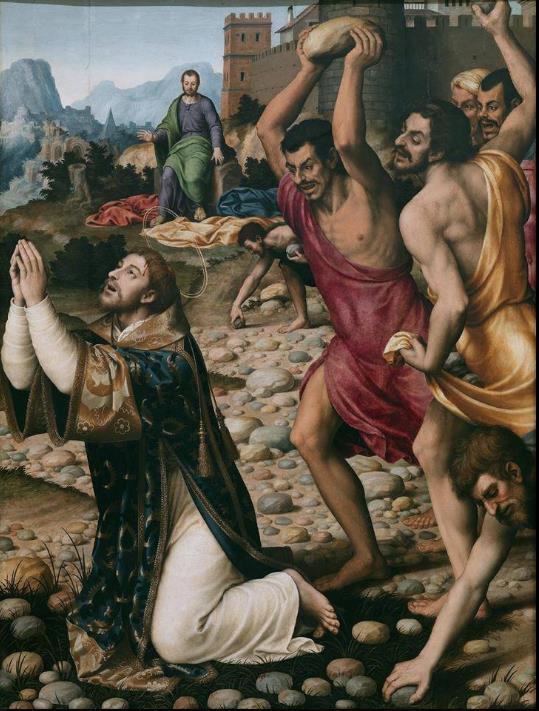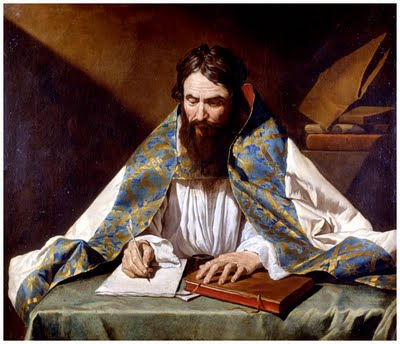 Today is the feast of the Presentation of the Blessed Virgin Mary into the Temple. Latin Catholics and the new calendar Eastern Christians (Catholic and Orthodox) celebrate a feast with the biblical basis in a book that is not part of the canonical Scriptures, the Proto-Evangelium of James.
Today is the feast of the Presentation of the Blessed Virgin Mary into the Temple. Latin Catholics and the new calendar Eastern Christians (Catholic and Orthodox) celebrate a feast with the biblical basis in a book that is not part of the canonical Scriptures, the Proto-Evangelium of James.
The meditation by Sister Vassa Larin herein asks a good question in our participating in liturgical services, or merely paying lip-service to the Divine Majesty, the Mother of God or the saints when we do not have our spiritual life put in order or at least trying to live rightly. The spiritual life is a journey, one that we need to take seriously. As Mary lived so ought we…
The mediation:
“Blessed are the blameless in the Way, who walk in the law of the Lord.” (Ps 118/119: 1, Septuagint)
Is it pointless for us to “bless” and praise “the blameless” (οἱ ἄμωμοι, непорочнии), for example, the Theotokos, whose Entry into the Temple is celebrated today on the “New” Calendar; or the archangels and angels, whose feast is celebrated today on the Older Calendar,– if we ourselves are not “blameless”? No, of course not. Because by celebrating the “blameless” in the law of the Lord, we are reminded of the kind of “celebrity” that is truly praise-worthy in God’s eyes, and are inspired to desire it for ourselves. This is particularly counter-cultural in our day, when so much press is wasted on, and “lip-service” paid to, celebrities both famous and infamous.
Lord, let me not bless, nor desire to be like, those who have the dubious “blessing” of our press. Let me rather bless those who are blessed in Your “press,” in Holy Scripture: “Blessed is the man that has not walked in the counsel of the ungodly, nor stood in the way of sinners, nor sat in the seat of the pestilent.” (Ps 1: 1)
 Today is the feast of Innocent Martyrs, the children who in Bethlehem of Judas were killed by the unholy King Herod. Their shed blood was for the Son of God and Savior, and for us.
Today is the feast of Innocent Martyrs, the children who in Bethlehem of Judas were killed by the unholy King Herod. Their shed blood was for the Son of God and Savior, and for us.





